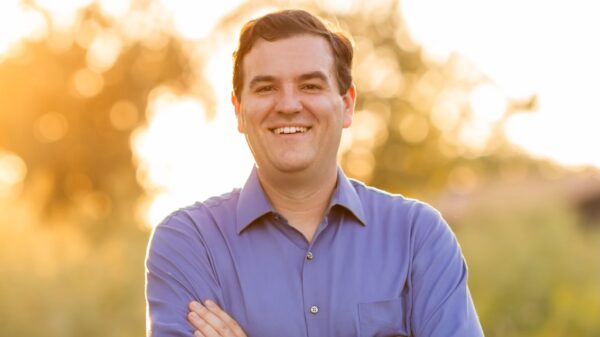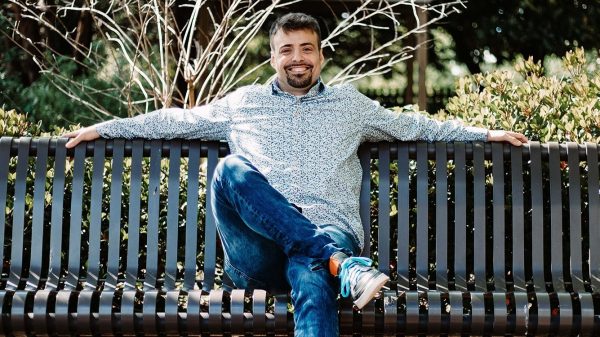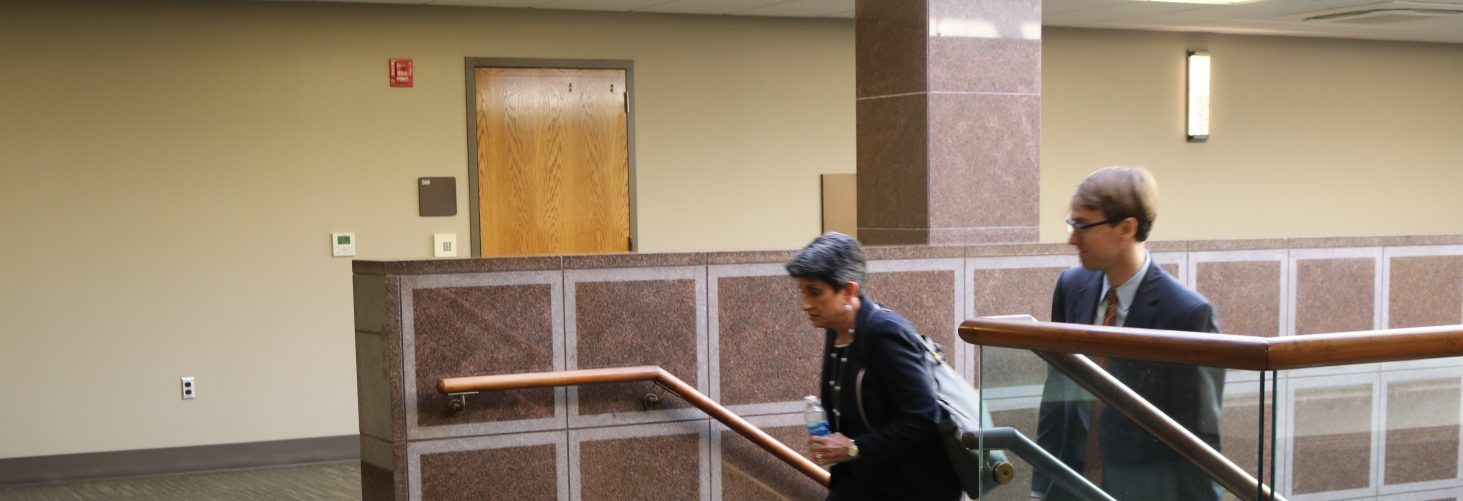By Chip Brownlee
Alabama Political Reporter
Prosecutors from the Attorney General’s Special Prosecutions public corruption division — among them, Deputy Attorney General Matt Hart — are again using a special grand jury in Montgomery to investigate a web of possible misconduct surrounding former Gov. Robert Bentley and some of his campaign contributors.
The panel began meeting again Tuesday in Montgomery, and several of Bentley’s former staffers were issued subpoenas and brought to testify before the panel.
The use of the grand jury — the only panel that can produce indictments in felony cases — is yet again a strong indicator that there is an ongoing criminal investigation surrounding Bentley and maybe others, though the direction, targets and scope of the investigation are not yet clear.
The investigation may not even be targeting Bentley directly, sources close to the investigation say, but some of his high-dollar contributors. It’s part of a web of Bentley’s activities that could now be the focus of a wide-ranging investigation into his orbit and those who contributed to his campaigns and aligned PACs.
Wesley Helton, Bentley’s former legislative director, and former Alabama House Speaker Seth Hammett, a one-time chief of staff to Bentley, were both questioned as witnesses Tuesday before the grand jury. The two, who were both part of Bentley’s inner staff for years, are just the start of what is expected to be an extended phase of witness testimony. Where that testimony may go is not yet clear.
Helton worked as an aide to Bentley beginning in 2011 and served until Bentley’s resignation last year. Hammett served as the director of the Alabama Development Office, now the Alabama Department of Commerce, and chief of staff for about a year and a half until he resigned in 2015.
A separate grand jury was reportedly impaneled recently to investigate campaign finance issues related to some members of the Alabama Legislature, and while the cases appear to be removed from one another, less is known about the second panel and those it may be investigating.
Sources close to the investigation say the grand jury that met Tuesday in Montgomery is the same special grand jury that convened in 2016 at the beginning of the investigation into Bentley, which culminated last year in his resignation and guilty pleas on two misdemeanor campaign finance violations, though prosecutors could now be using the same panel to move in a different direction.
That direction isn’t totally clear at this time, but a few names have repeatedly popped up in discussions and investigations surrounding Bentley, his campaign account and a dark-money group Bentley used to supplement the pay of a former top aide, Rebekah Mason. The group, ACEgov, a 501(c)4, is believed to be one piece of the puzzle that Hart and investigators may be probing.
One of the other names is Franklin Haney, a former Chattanooga-based real estate developer who has dropped millions in political contributions across the country, giving large amounts to candidates that ranged from former President Barack Obama to President Donald Trump, and, yes, Bentley, too.
The low-end estimate of Haney’s traceable donations to Bentley total at about $300,000, but it could be much, much more because Haney passes money through PACs and dark-money groups, some of which are required to disclose their donors and others that are not.
At least $75,000 of contributions from Haney companies were split into four separate PAC contributions of $18,750 a piece. Those four same PACs later moved the money to Bentley’s campaign fund, AL.com reported last year.
It’s not clear yet what the prosecutors are looking into and what will come of the investigation, but eyes and ears are pointed toward Haney’s Bellefonte Nuclear Plant, which he purchased last year with public support from Bentley. Haney had been trying for years to buy the defunct TVA plant, but he only won a $111 million bid with the Tennessee Valley Authority after Bentley and Sen. Richard Shelby voiced their support.
The supernumerary district attorney overseeing the Bentley case last year, Ellen Brooks, said at the time of Bentley’s plea deal and resignation that “other subjects that may appear will be followed up” and “other matters” were still open, but the full extent of Bentley’s immunity remains unclear.
Bentley’s personal attorney, Bill Athanas, who defended Bentley throughout the investigations last year, declined to comment, and witnesses, jurors and the Attorney General’s Office can’t comment because of grand jury secrecy laws.
High-power attorneys also walked into the state grand jury meeting room, among them, Augusta Dowd and Mark White, two lawyers who represented former House Speaker Mike Hubbard until Jan. 2016 when they asked to be let off the case. They had two other attorneys along with them, and it isn’t clear if Dowd and White were serving as witnesses or counselors in Montgomery Tuesday.
At the January 2016 hearing when the two lawyers were asking to be dismissed by the court, White said he would not go into details about why they were quitting but said a “conflict of interest” had arisen.
Hart, who appears to be leading this investigation, has had a string of public corruption wins, including Hubbard’s conviction. The former House speaker was convicted on 12 felony ethics charges in 2016, and his case remains on appeal.













































